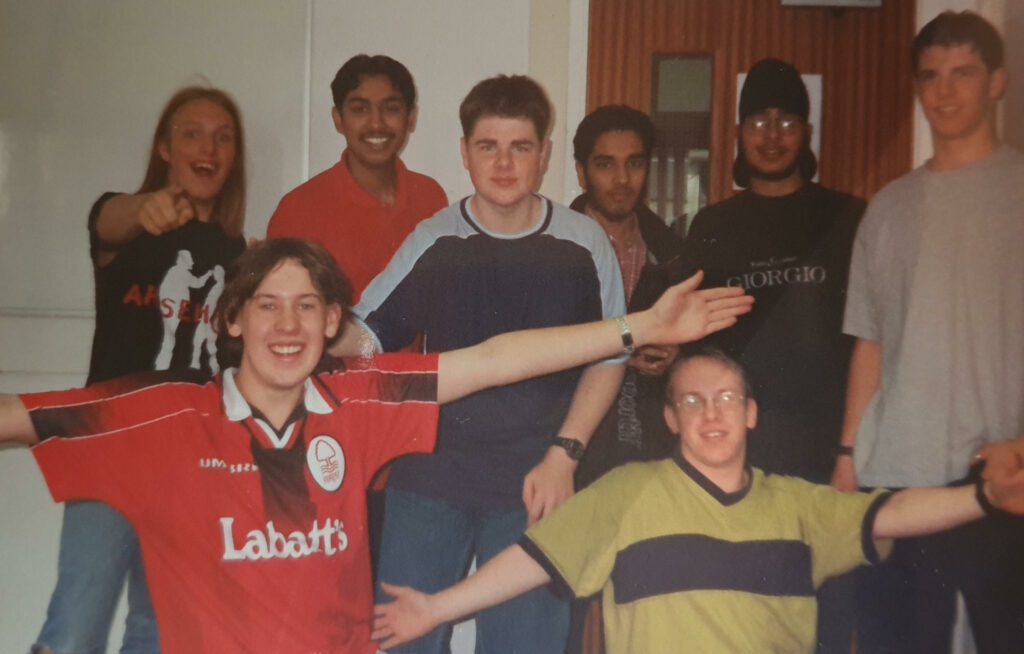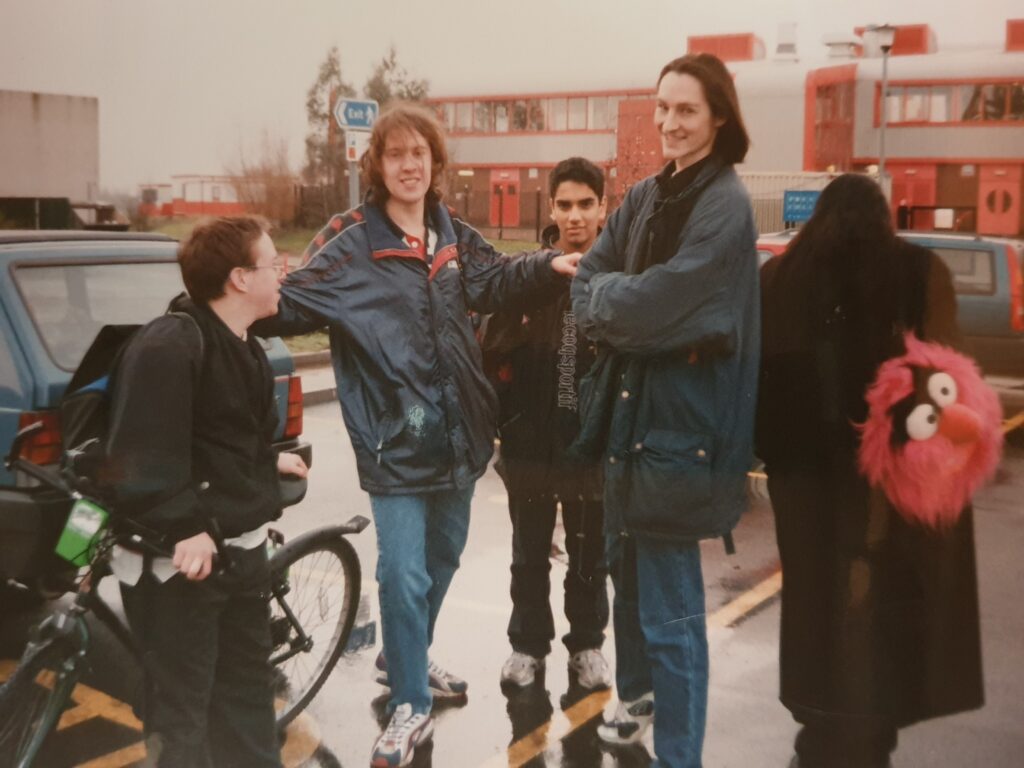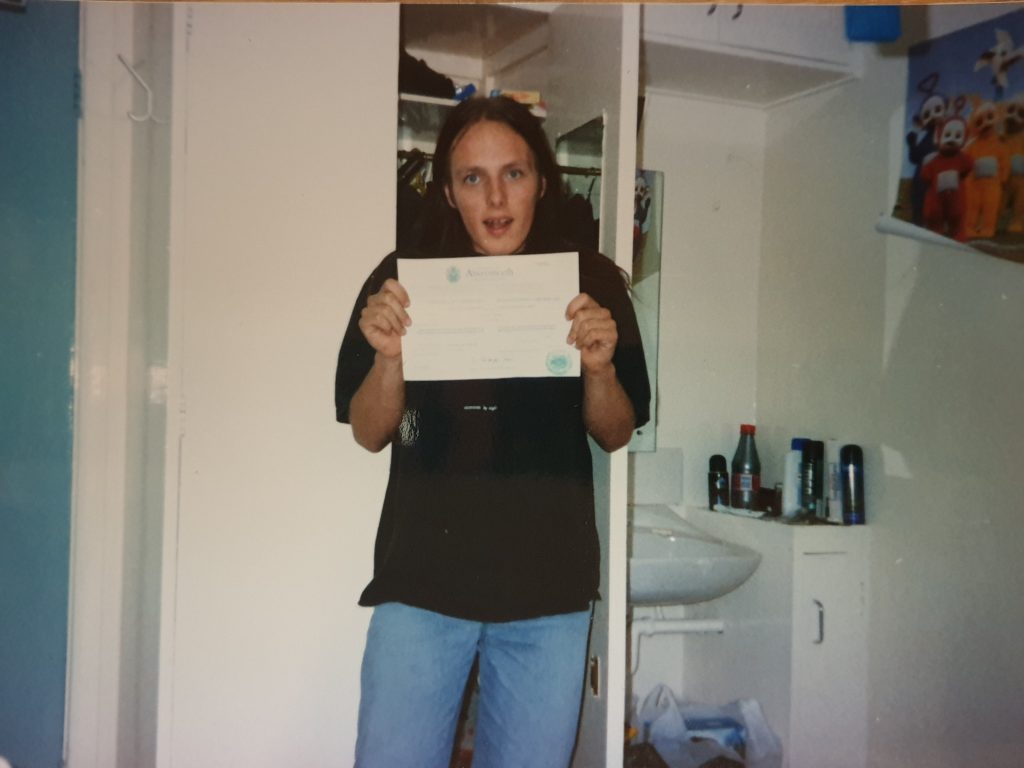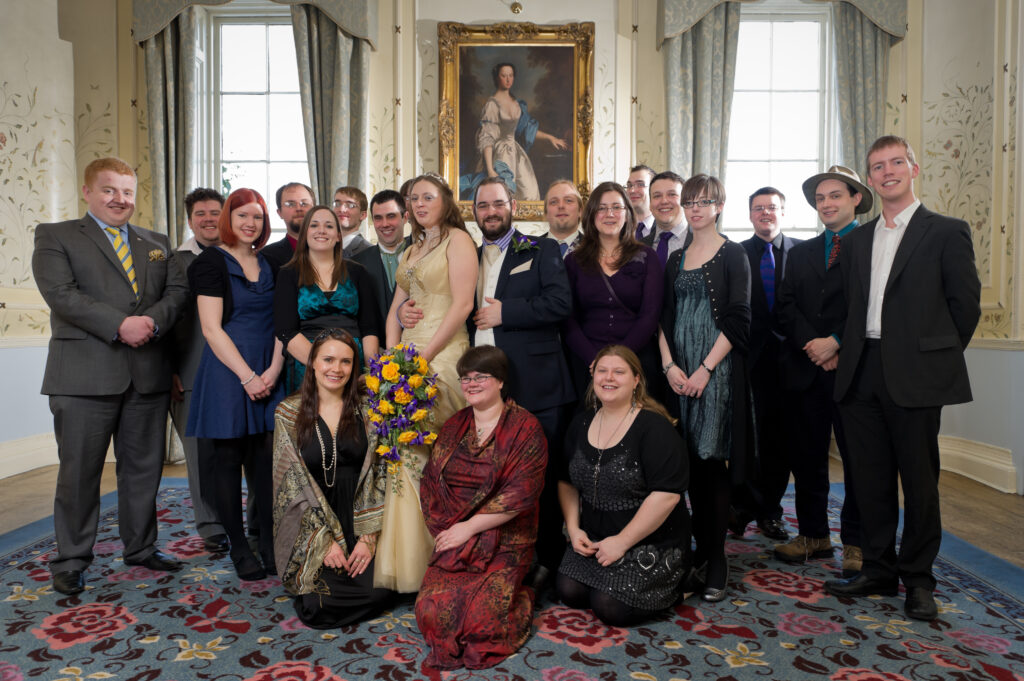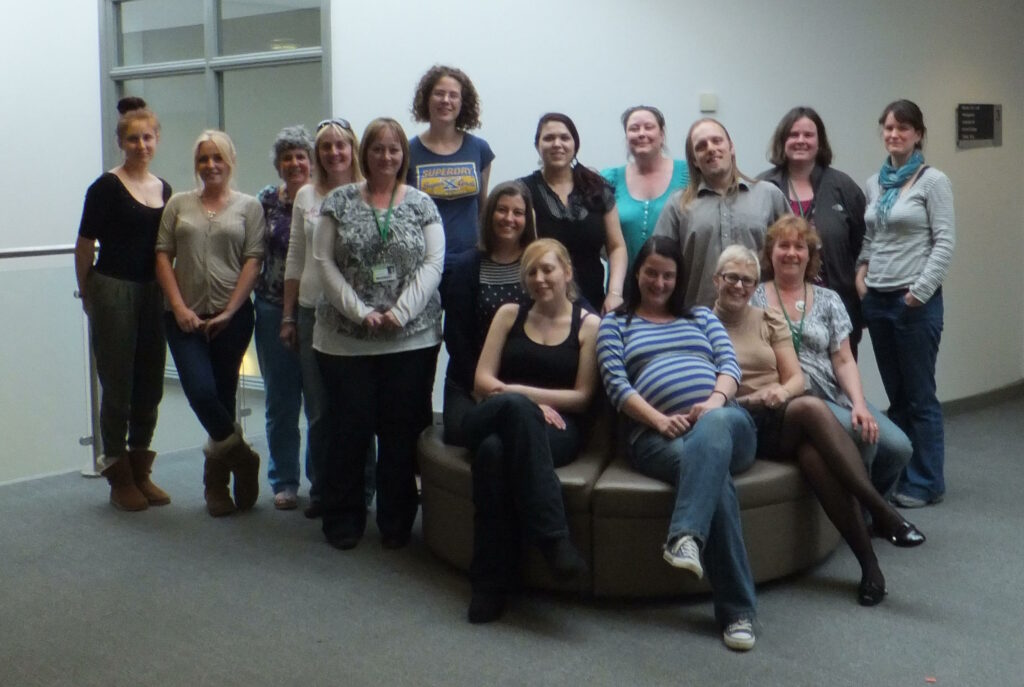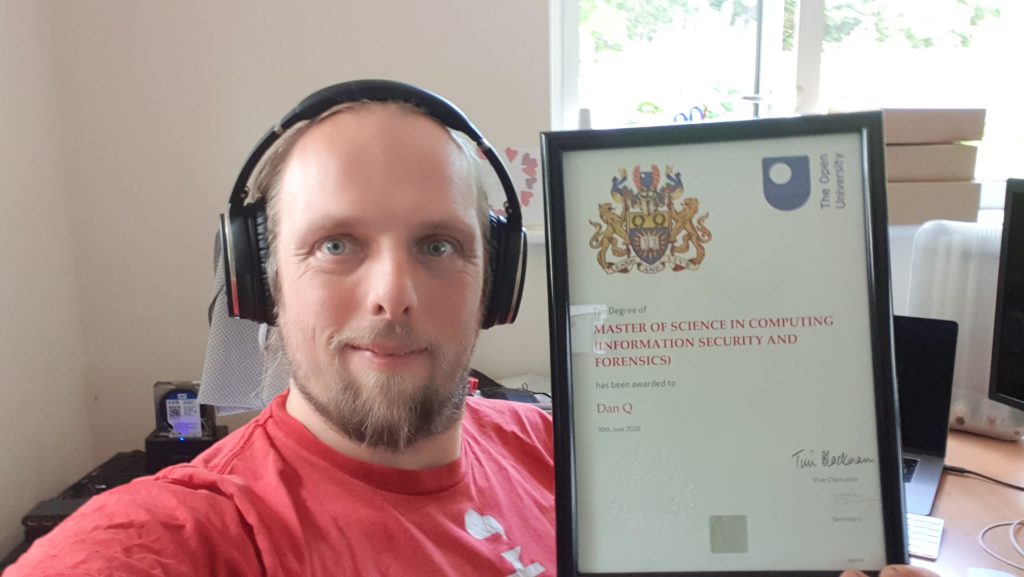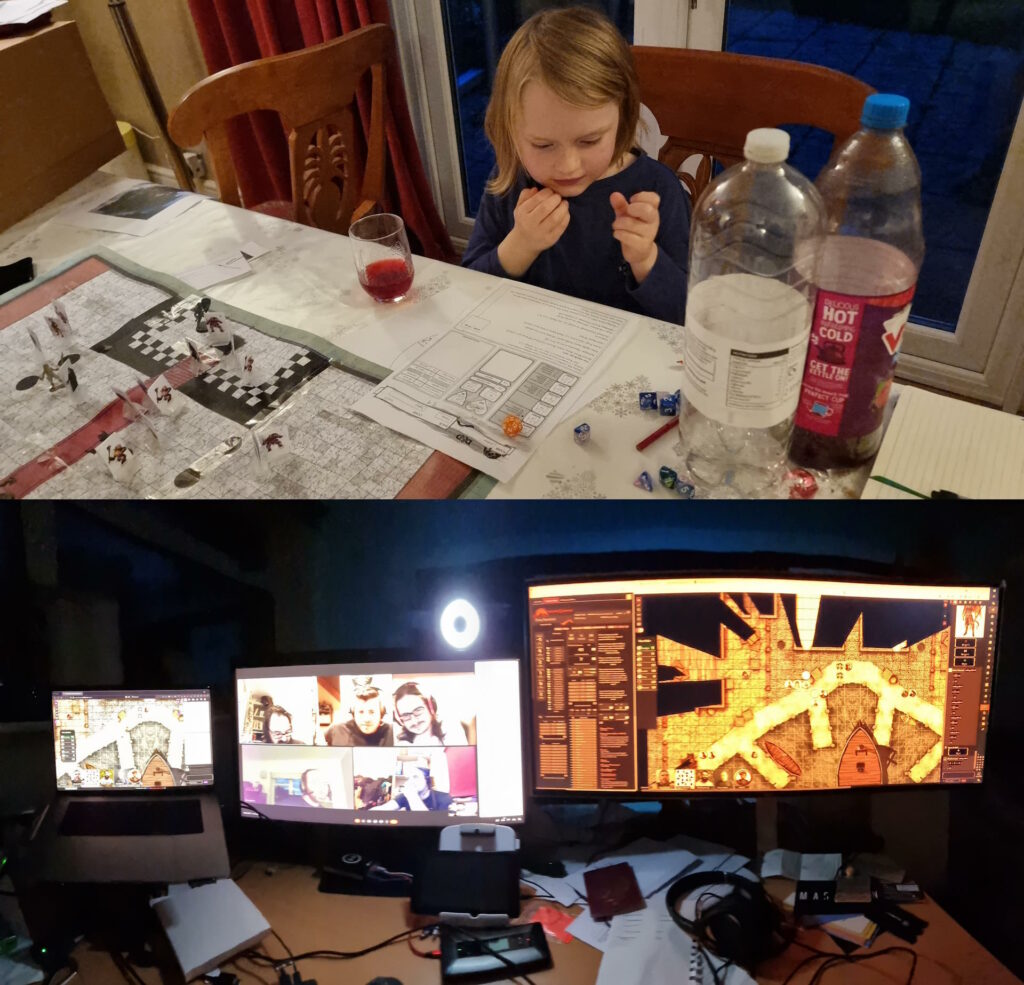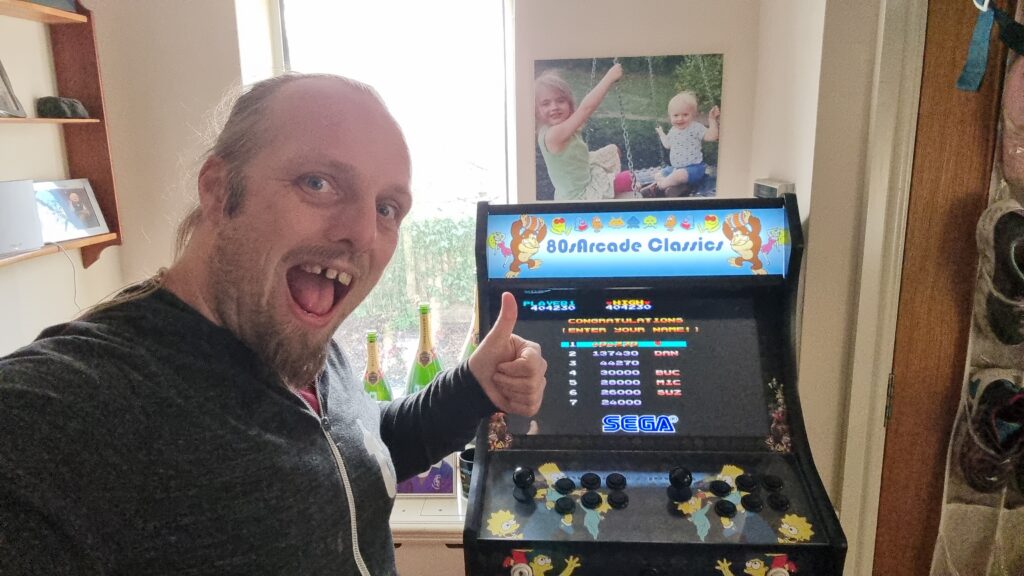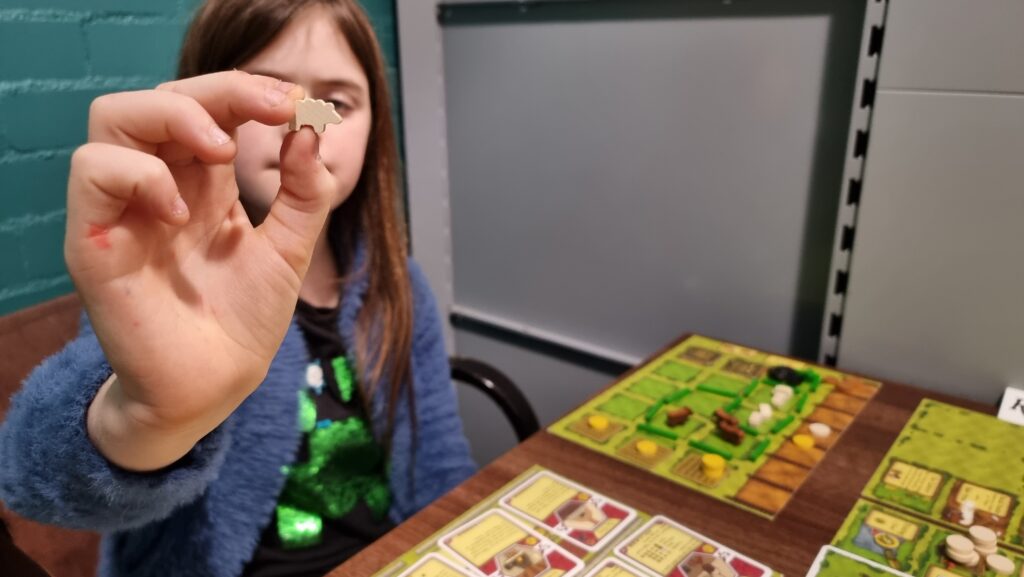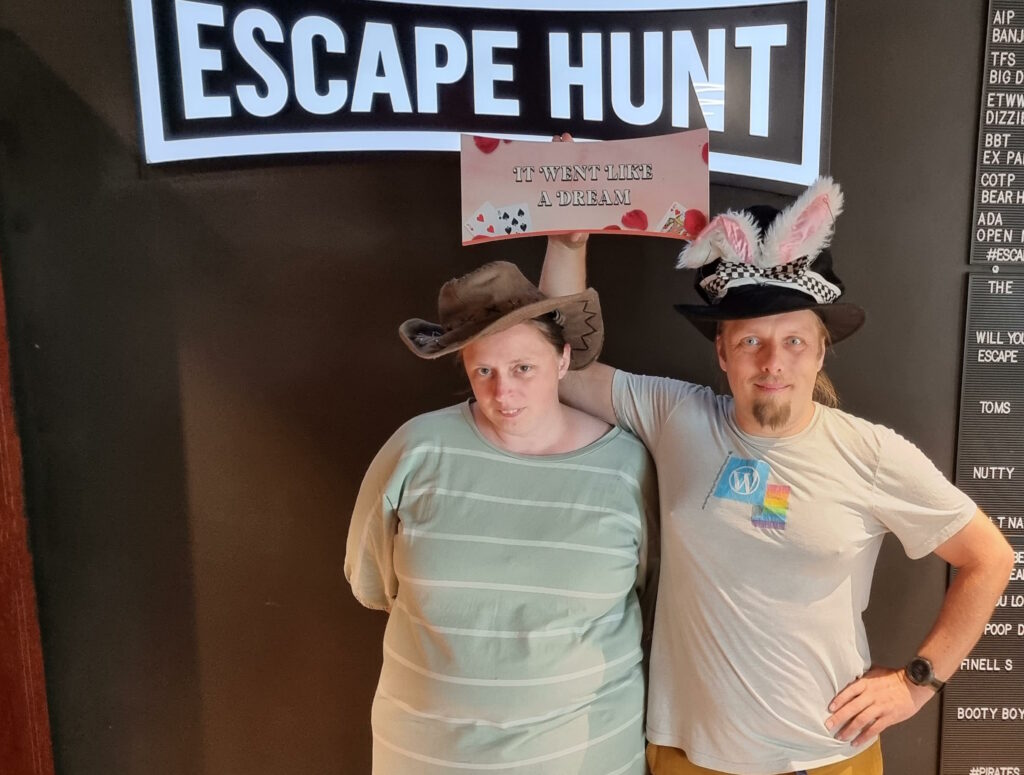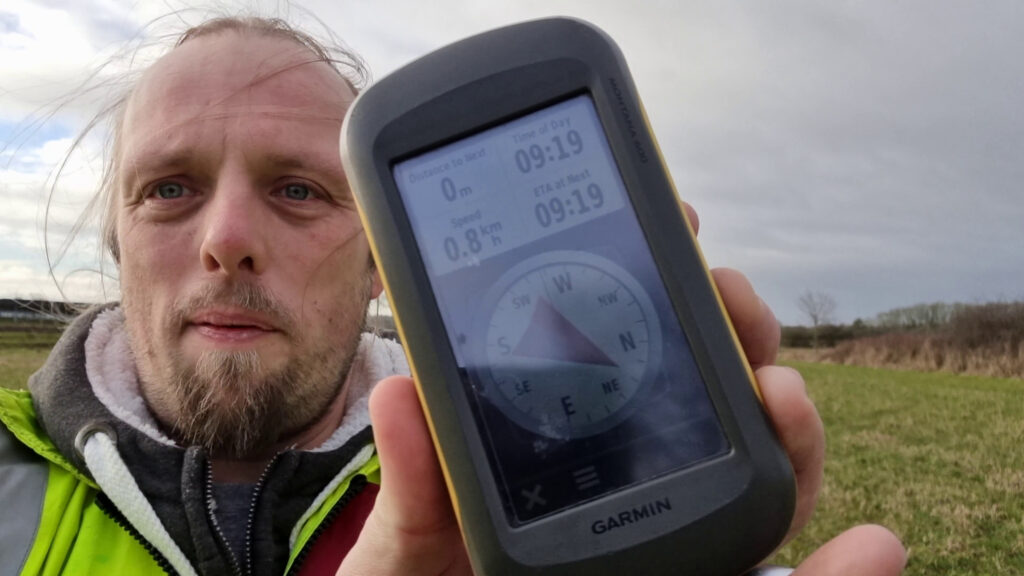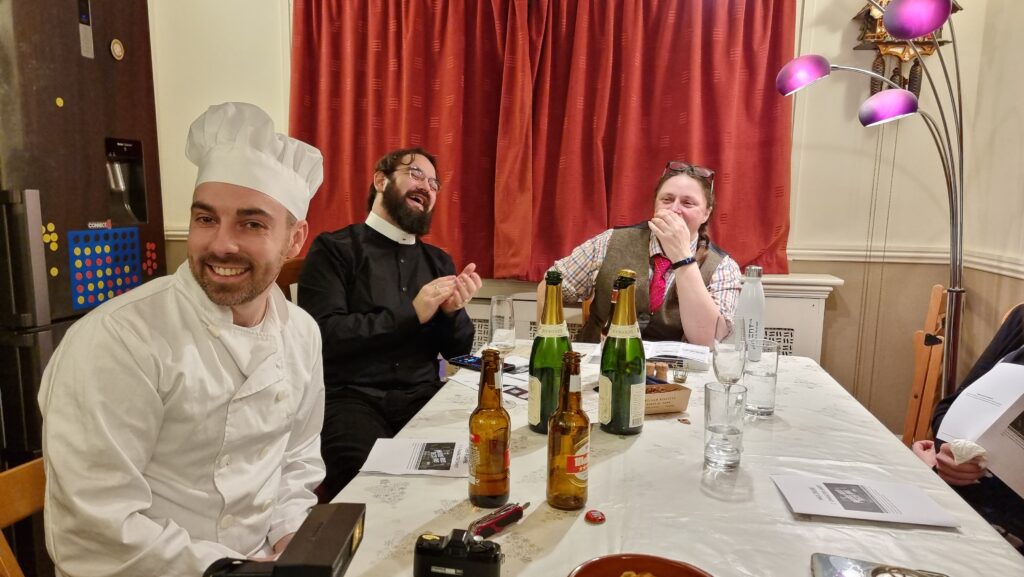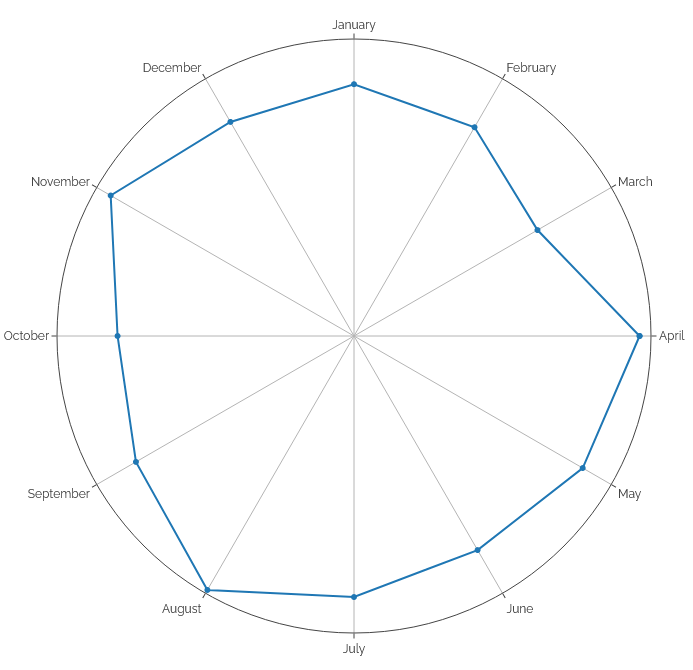This post is part of my attempt at Bloganuary 2024. Today’s prompt is:
What is the greatest gift someone could give you?
What topical timing, given that it’ll be my birthday in four days!
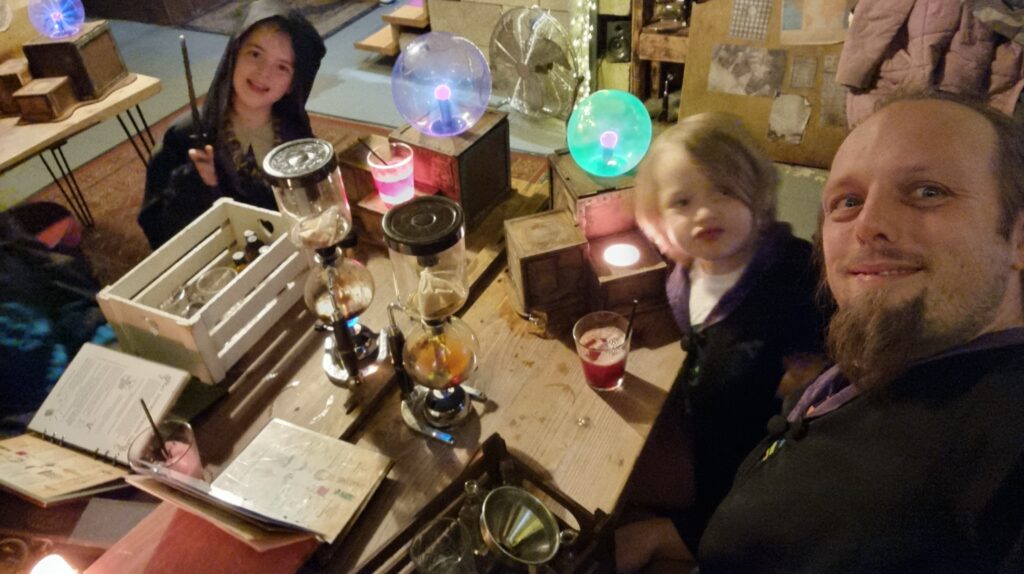
Of the things I have least but treasure most, perhaps the biggest is time. Between work, volunteering, and childcare, I often find myself rushing to cram-in any of the diversity of “play” activities I engage in.1
I always feel particularly guilty if I step away to do “me things” that put me out of reach, because I know that while I’m off having fun, my absence necessarily means that somebody else has to be the one to break up whatever child squabble is happening right now2. It feels particularly extravagant to, for example, spend a weekend in pursuit of a distant geohash point or two3.
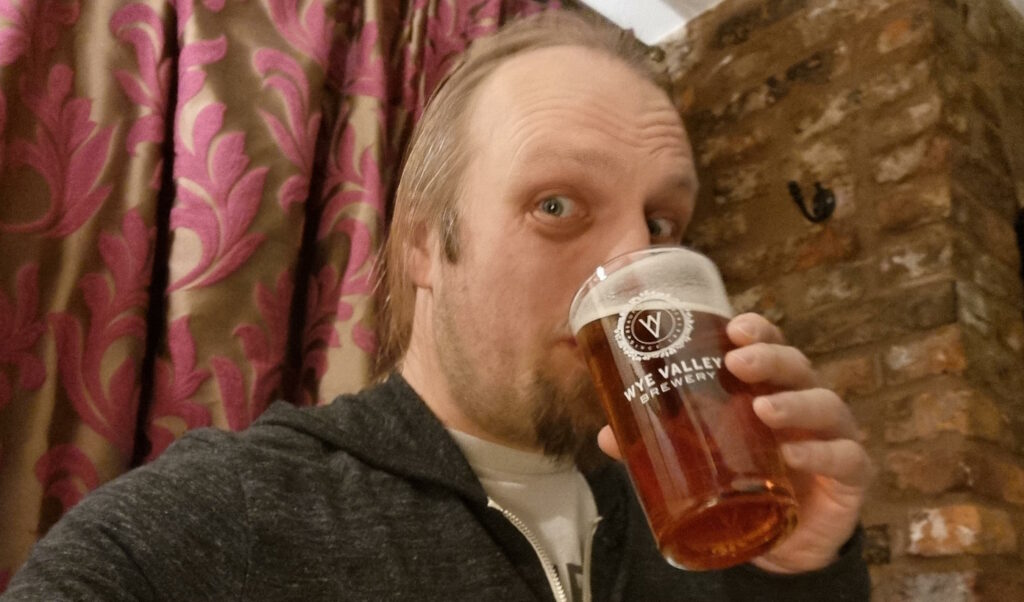
So one of the best gifts I ever received was for my birthday the year before last, when Ruth gave me “a weekend off”4, affording me the opportunity to do exactly that. I picked some dates and she, JTA, and the kids vanished, leaving me free to spend a few days hacking my way from Herefordshire to somewhere near Birmingham in what turned out to be the worst floods of the year. It was delightful.5
Most people can’t give me “time”: it doesn’t grow on trees, and I haven’t found a place to order it online. It’s not even always practical to help me reclaim my own time by taking fixed timesinks off my to-do list6. But for those that can, it’s a great gift that I really appreciate.
It’s my birthday on Monday, if anybody wants to volunteer for childminding duties at any point. Just sayin’. 😅
Footnotes
1 It’s even harder when I occasionally try to fit a course around that.
2 Ours can be a particularly squabbly pair, and really know how to push one another’s buttons to escalate a fight!
3 Unless I were to take the kids with me: then if feels fine, but then I’ve got a different problem to deal with! The dog’s enough of a handful when you’re out traipsing through a bog in the rain!
4 Last year, she gave me tango lessons, which also broke me out of my routine and felt like a weekend off, but in a very different way.
5 I think that Ruth feels that her gift to me on my 41st birthday was tacky, perhaps because for her it was a “fallback”: what she came up with after failing to buy a more-conventional gift. But seriously: a scheduled weekend to disconnect from everything else in my life was an especially well-received gift.
6 Not least because I’m such a control freak that some of the biggest timesinks in my life are things I would struggle to delegate or even accept help with!
